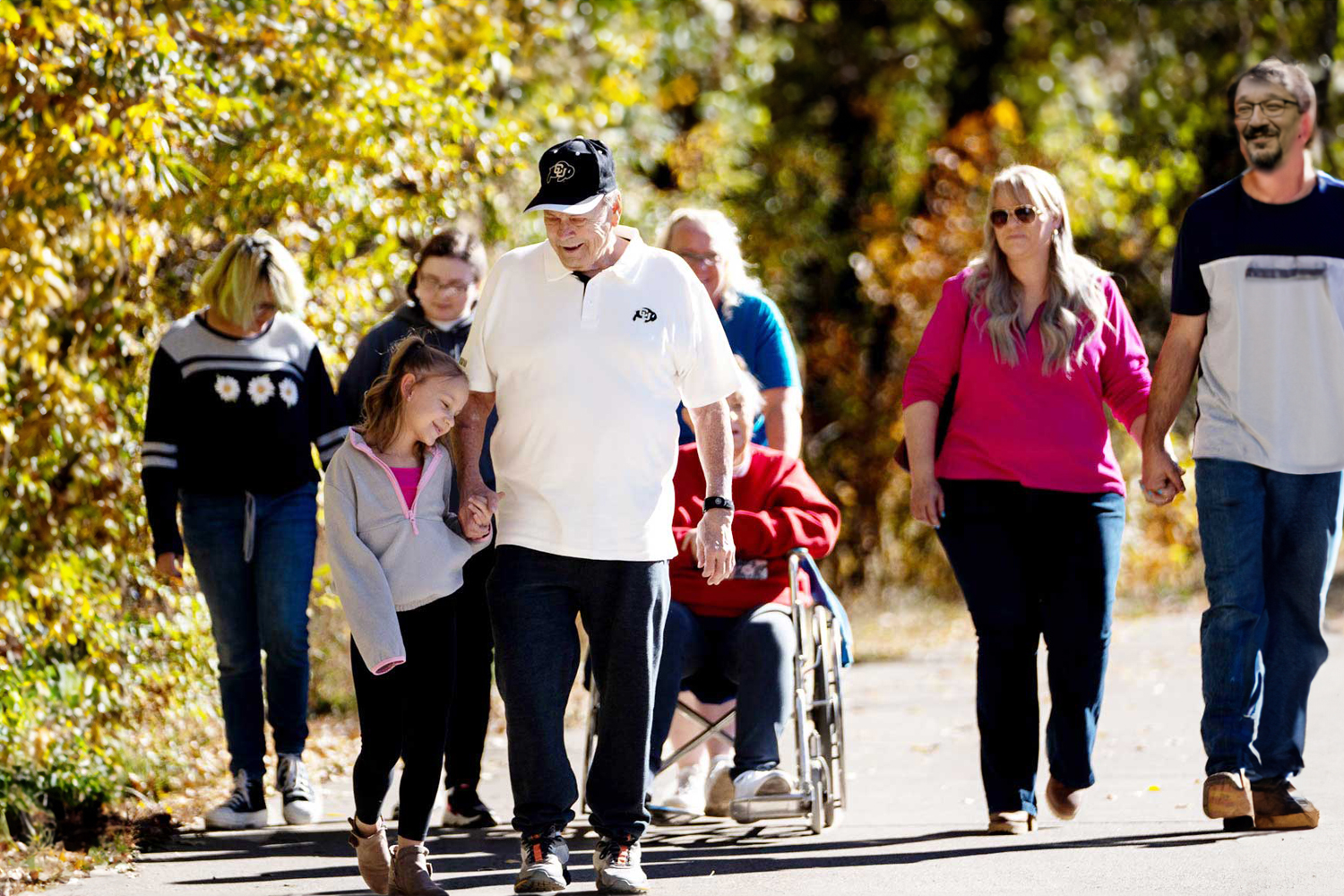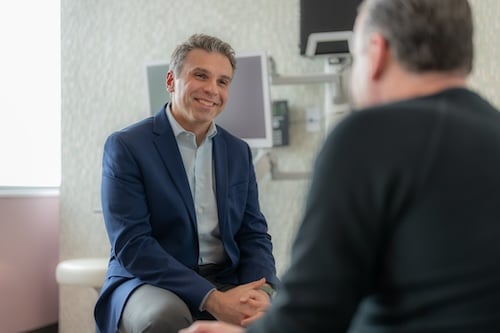Lung Cancer Care Team

After a lung cancer diagnosis, you might wonder who will take care of you. At RMCC, we recommend you schedule your first consultation with a medical oncologist who treats lung cancer. The medical oncologist will introduce you to several other important people on the cancer care team.

Why Choose RMCC for Lung Cancer Care
At Rocky Mountain Cancer Centers, our dedicated team of lung cancer specialists brings expertise, compassion, and personalized care to every patient. With access to advanced treatment options, cutting-edge clinical trials, and a collaborative approach, we ensure each patient receives comprehensive support throughout their journey. Our physicians are not only leaders in their field they are partners in your care, committed to delivering hope and healing close to home.
Members of Your Lung Cancer Treatment Team
Rocky Mountain Cancer Centers has experienced lung cancer specialists focused on getting you the best results possible. Under their guidance, you will get the attention and support you need during your cancer treatment journey.
Your lung cancer treatment team will likely include the following lung cancer specialists:
Medical Oncologist
Surgeon
Radiation Oncologist
Advanced Practice Providers (APPs)
Additional Team Members Who Work with Lung Cancer Patients at RMCC
In addition to the ones listed above, other important team members who are involved in the care of lung cancer patients include:
- Triage nurses: These nurses work with the medical oncologist and the APPs. They help with many facets of your treatment including keeping your treatment plan on track, side effect management, and determining whether you need urgent or emergent medical care. They also provide support for questions about side effects, patient and family concerns, and prescriptions.
- Infusion nurses: These nurses are in the infusion room and administer chemotherapy, targeted therapy, and immunotherapy according to the treatment plan. They are with the patients in the cancer center throughout their treatments and can help you manage side effects that come up.
- Radiation therapists: These team members help you get in the proper position for each radiation therapy session, help with administering the radiation treatments, and help address any side effects.
- Social worker: Oncology social workers can help patients with the day-to-day challenges they may face with their mental and emotional health during cancer treatment. They are able to provide resources that can assist in the ways you need them most. Contact our social work team to sign up for our supportive care groups.
- Patient financial counselor: Patient financial counselors offer assistance navigating financial resources and setting up payment plans.
- Schedulers/Assistants: Schedulers and assistants set up appointments and provide other clerical support. They are an important part of assisting the rest of the team in providing you with optimal supportive care.
- Dietitian or nutritionist: A specialist trained to advise people on what to eat to meet their dietary needs. Depending on your cancer care needs, you may have access to a Rocky Mountain Cancer Center nutritionist who will help guide you in making healthy lifestyle choices during and after your treatment.
Is Getting a Second Opinion Necessary?
If you are curious about getting a second opinion, you are not alone. Many people wonder if a second opinion is necessary. We feel that a second opinion can be a wonderful way to put you at ease if you are still concerned about your initial physician or the recommended treatments. Every practice operates differently and it’s important that you feel completely comfortable with both the team and the care they will be giving you. Getting a second opinion is not uncommon, and in fact, most health insurance providers will cover the cost of the second opinion visit. To verify that your second opinion appointment is covered, talk to your insurer before booking.
Finding a Lung Cancer Specialist in Colorado
Rocky Mountain Cancer Centers is a leading lung cancer treatment team with locations throughout Colorado. We respect our patients and their personal preferences during the treatment process. Our patients should understand that we see you — you are important to us and we want to ensure your needs are met through receiving an individualized care plan that includes the most advanced options available. If you would like a second opinion regarding other treatment options or care team support, we are happy to provide that for you.
